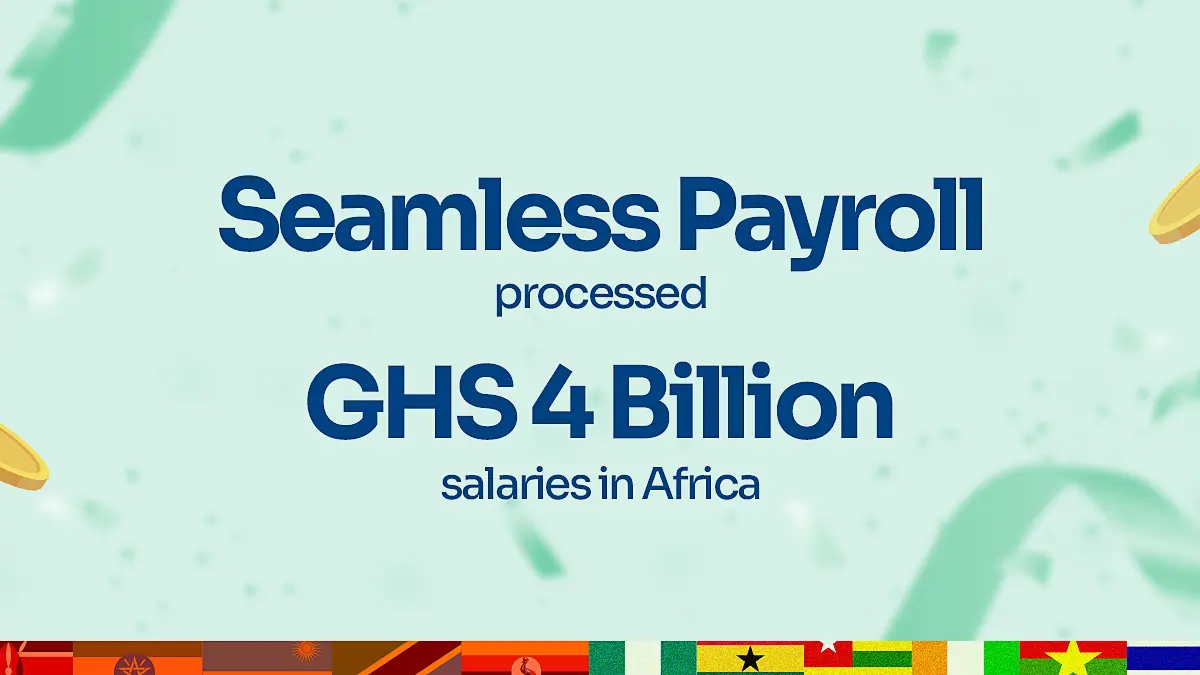HR professionals are frequently squeezed into the tight spot of simultaneously managing employees’ and management’s expectations on the same issues.
Due to the unique role of HR, they are largely viewed by employees and management alike as a group that supports ‘the other side’. Employees see HR as only looking out for the interests of the business, while management might see HR as being less concerned with profitability and the ROI on employee initiatives.
This disparity in perception results from the difference in the expectations from HR from these two stakeholders; employees expect HR to drive better benefits, a great working environment, and growth opportunities.
On the other hand, management expects HR to help deliver shareholder value, year to year profitability and support the achievement of a competitive advantage to help the organisation scale.
Unfortunately, the negative perception of HR by senior leadership could cause some friction in the approval of new HR initiatives that could potentially benefit the organisation’s profitability and its people, hampering the effectiveness of the HR unit.
What CEOs want from HR
Critics of HR (especially at a senior level) would say that the unit is more focused on traditional and transactional HR tasks (which are essential in themselves) over a more strategic and future-oriented vision.
Depending on how the HR unit in an organisation functions or is positioned, decision-makers might come to see the department as one that exists to increase company spend, citing vague promises of ‘increased employee retention’ as the sole justification for expensive HR initiatives.
Instead of being seen as a potentially value-adding addition to the business, HR is usually viewed as being administratively focused, which frequently means HR is left out of the decision-making loop – a table HR needs to sit at.
While the management discusses profits, new business decisions, expansion strategies and channels, HR and people leaders seem only to discuss how to give more to the people, with no real return on investment. This is why many organisations do not believe that HR deserves a seat at the decision-making table.
HR can improve their image with top-level management by proving themselves invaluable.
Below are some things CEOs want from their HR teams:
1. CEOs want HR to approach their work through a business lens
Beyond the job title, the human resources department must position itself to directly support and add value to business objectives and priorities. By analysing data and making data-informed recommendations, HR managers can contribute to the growth of the organisation, the realisation of business plans, and the achievement of objectives.
However, traditional HR and transactional HR activities tend to take up much of an HR professional’s time, leaving them with very little time to focus on strategic HR or to notice trends and plan for the future of the workforce.
HR managers and teams must find ways to leverage technology to automate transactional HR tasks and free up time for other initiatives. Leveraging technology also helps HR observe trends in their workforce that will help them make data-driven recommendations that will endear them to the senior-level management.
CEOs expect HR to thoroughly understand the business’ strategy and objectives, and that all HR initiatives reflect a precise alignment with those objectives.
2. Be a culture champion
Culture might be intangible, but it’s vital to the growth and health of organisations and can be an important factor in determining how long these organisations exist.
Through various initiatives, HR can show C-suite level leaders that they are proactive in managing, sustaining, and improving culture.
HR managers can conduct stay and exit interviews, engage employees in focus groups, and then observe trends in data and advise necessary changes to improve organisational culture.
3. Be a facilitator for difficult conversations
Change is a constant in the evolving world of business, and by extension, organisations themselves.
For example, with the outbreak of the pandemic and the start of remote working for many organisations, HR have faced questions about remuneration, the provision of special allowances, healthcare coverage, salary cuts, firing of staff, or even mass retrenchment, among others.
HR must show a willingness to facilitate and even initiate tough conversations (whether they are employee or business facing), always managing the delicate balancing act of managing employee and management’s expectations.
4. Strengthen top executive teams
It might seem as though most HR initiatives are of more benefit to junior and mid-level staff. HR should pay particular attention to initiatives supporting the executive team, helping them achieve their goals in their leadership positions.
Besides the positive affinity initiatives like this give HR with leadership, such support also cascades down to affect lower-level staff positively.
As your HR team goes about their daily activities, it’s essential to break down your organisation’s objectives into people agenda initiatives that show your CEO and other senior leadership a clear return on investment for the company at large.
Culled from Mr. Victor Adebayo’s keynote speech at the SeamlessHR International Day webinar titled What CEOs Want HR to Know: Aligning Human Capital With Business Strategy.





